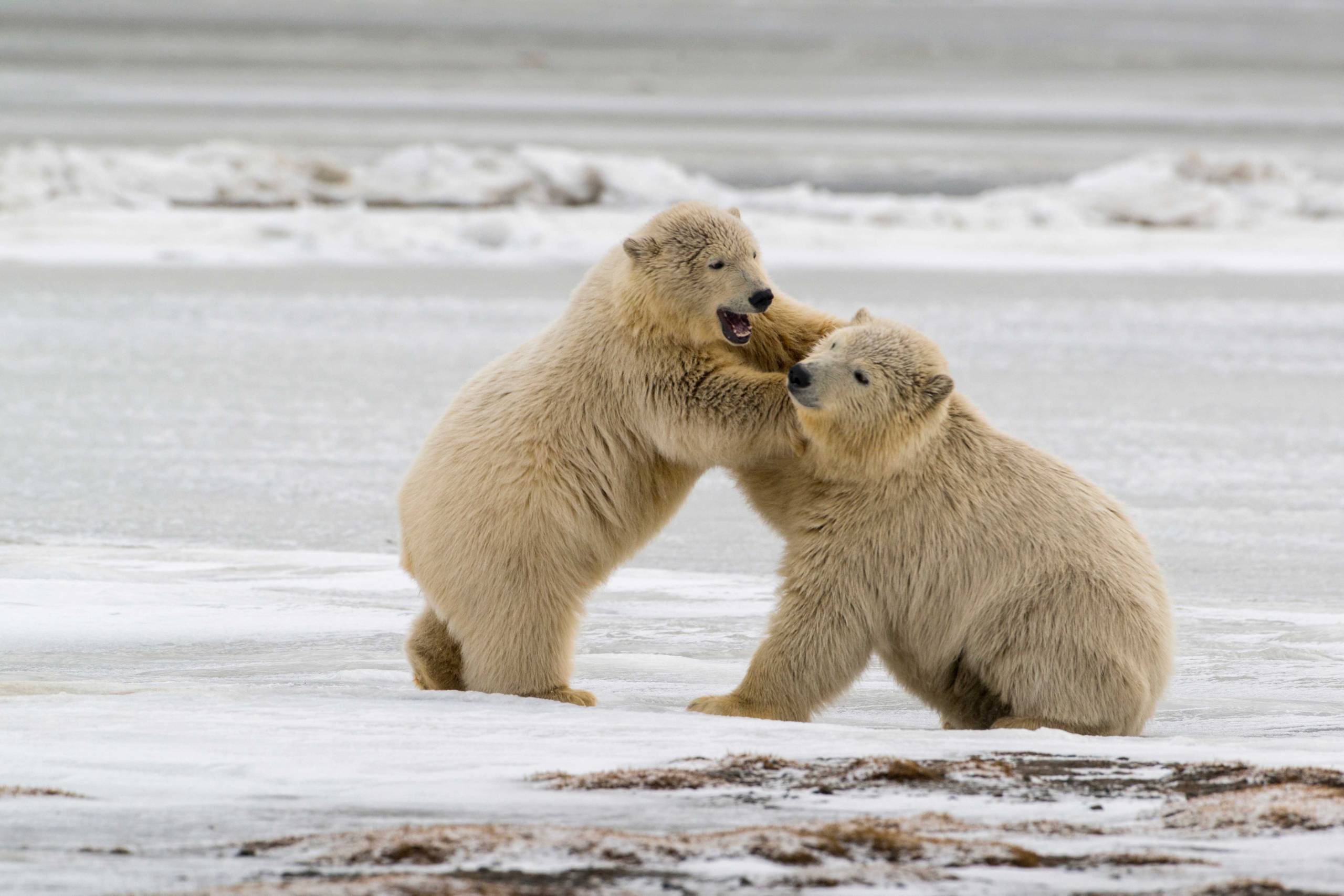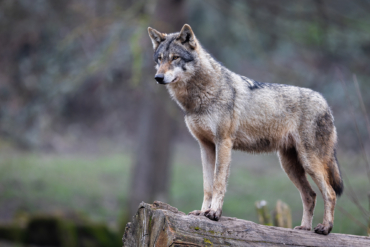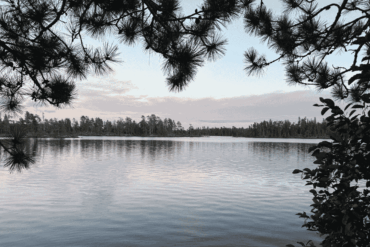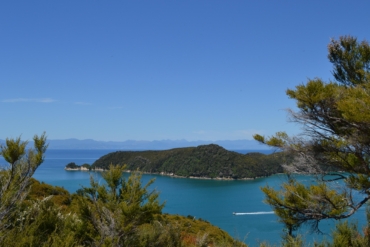The move follows an executive order signed by President Biden to review new drilling in the Arctic.
Suspending drilling in the Arctic National Wildlife Refuge (ANWR) stayed at the top of President Biden’s to-do list. And on June 1, the Biden administration made good on the promise.
An earlier executive order, signed on Biden’s first day in office, required the Department of the Interior to place a moratorium on drilling while reviewing the program that set the sale of oil leases in motion during the Trump administration.
“After conducting the required review, the Department identified defects in the underlying Record of Decision supporting the leases, including the lack of analysis of a reasonable range of alternatives in the EIS conducted under NEPA,” the Department of the Interior stated, referring to the required environmental impact statement as part of the National Environmental Policy Act.
A new secretarial order from Interior Secretary Deb Haaland calls for a new environmental impact statement while addressing legal questions from the previous statement.
What Happens Next?
The suspension doesn’t cancel the current leases on ANWR. But it will allow time to provide a full scientific breakdown of potential environmental impacts from drilling.
It’s important to note that the leases themselves didn’t draw much attention from the oil and gas crowd. Only three companies bought leases from the federal government, including two small companies on 75,000 acres.
The largest lessee was the state of Alaska, which offered the minimum price of $25 on 500,000 acres along Prudhoe Bay. The latter also has potential legal implications. It isn’t yet known if the state can legally purchase leases.
The Department of the Interior will use the suspension to examine the potential environmental cost of the leases and legal ramifications — if any — from the Trump administration’s process in opening the leases to the public.
Protecting the Arctic

ANWR comprises 19.6 million acres of wildlands, 8.9 million of which are protected as wilderness. The refuge is inhabited by caribou, polar bears, brown bears, wolves, wolverines, and more. It neighbors the National Petroleum Reserve, which holds 23 million acres of federal mineral rights.
The refuge is currently a haven for hunting, gathering, some recreation and, of course, a wildlife sanctuary spanning millions of acres. Its existence both supports and fulfills international wildlife treaty laws. And it also protects massive quantities of water in addition to the landscape.
Studies have shown that female caribou in Prudhoe Bay reduced the use of land disrupted by drilling activities by 78%. For more than a millennium, tribes including the Iñupiat and Gwich’in have been deeply connected to these dwindling herds.
“It is our belief that the future of the Gwich’in and the future of the Caribou are the same,” said Gwich’in elder Jonathon Solomon. “Harm to the Porcupine Caribou Herd is harm to the Gwich’in culture and millennia-old way of life.”








